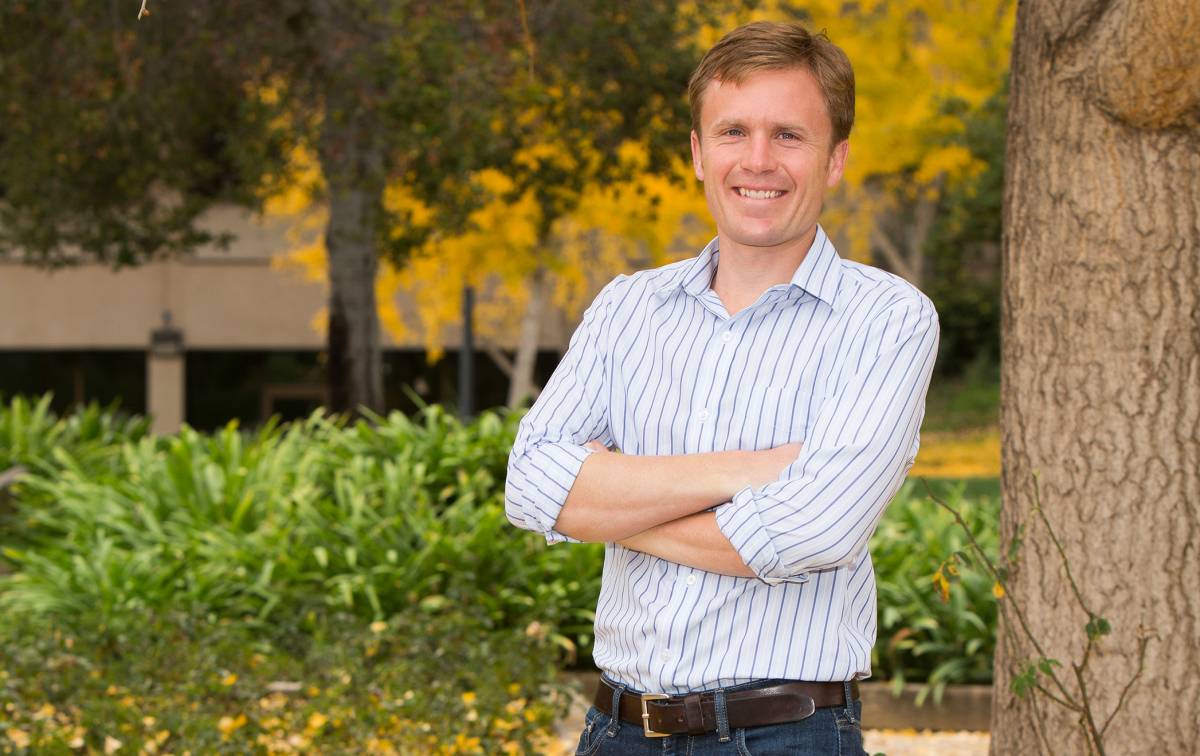Wildfire Smoke: Understanding Sources, Exposures, Impacts, and Interventions

Dr. Burke is a leading environmental social scientist who develops and applies novel tools and datasets to understand the human impacts of environmental change. His work spans from extreme heat to flooding to wildfire, directly informing local and global policy priorities across these domains.
—Tamma Carleton, Assistant Professor, Bren School
Watch a recording of this talk here
ABSTRACT
We study the growing societal burden of wildfire smoke. Using a combination of remote sensing, physical models, machine learning, and causal inference techniques, we quantify how exposure to wildfire-sourced particulate matter is changing across the contiguous US. We then use this information in a number of downstream tasks: we develop a new metric of wildfire severity related to population smoke exposures, we quantify the contribution of wildfire smoke to overall pollution trends, and we link smoke exposures to the universe of emergency department visits in CA to understand health impacts.
BIO
Marshall Burke is associate professor in the Doerr School of Sustainability and Deputy Director at the Center on Food Security and the Environment at Stanford University, and Research Fellow at the National Bureau of Economic Research. His research focuses on social and economic impacts of environmental change, and on measuring and understanding economic livelihoods across the developing world. He holds a PhD in Agricultural and Resource Economics from UC Berkeley. He is also co-founder of AtlasAI, a start-up using satellites and machine learning to measure livelihoods.